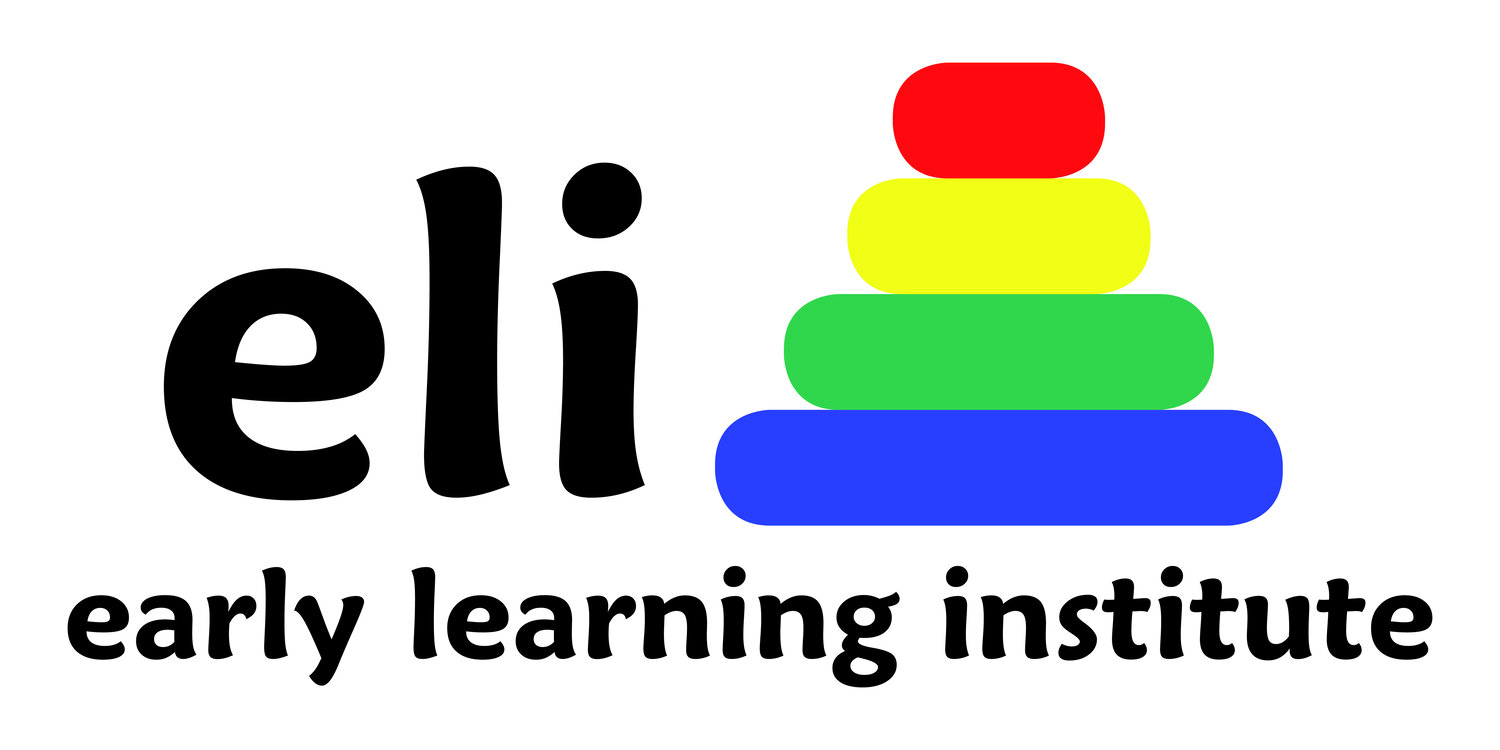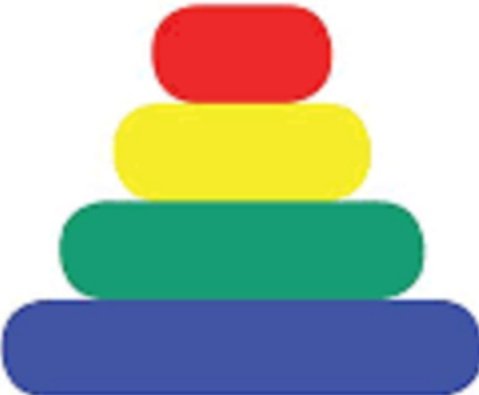Introducing: Instructions Not Included!
Crying? Lack of sleep? No time for a shower? No time for your partner? How do parents manage all the duties of life and baby?
Did your baby not come with an instruction manual?
Don’t worry, ALL parents have questions, we have answers.
The Early Learning Institute’s Instructions Not Included (INI) program provides up to 5, FREE home visits - or virtual visits if you prefer, with a father-friendly format. Our experienced staff will help answer your questions around infant development, adjusting to life as parents, infant safety, and social emotional well-being. Need resources or referrals, we can assist with that as well.
Dad, this is your program too! We want partners to be involved in the visits. We even have one visit just for dads. This is your opportunity to ask another man questions one-on-one about all things baby or father related.
INI aims to help parents increase their understanding of child development and behavior and reduce family stress associated with parenting. INI will also provide information regarding the challenges associated with Perinatal Mood Disorder and the resources available to help those who are struggling.
INI is available to any parent with a child 2-months or younger, living in Sonoma County, and not involved with another home visiting program. Children 6 month of age or younger will be considered as space allows.
For more information – click here for referral form or call The Early Learning Institute 707.591.0170
Instructions Not Included Visit Schedule
VISIT 1: 4-6 weeks after birth; sooner if requested. This visit will focus on general questions and concerns, nursing support as needed, sleeping issues, as well as newborn behavior and development. This visit also includes a check in on the Caregivers themselves, including a postpartum mood disorder screening.
VISIT 2: 3-4 months after birth; This visit will focus on all general questions and concerns, suggestions for baby-proofing, establishing routines, return to work concerns, etc. This visit also continues surveillance and screening for postpartum issues in Caregivers. Community resources will be reviewed, as appropriate.
VISIT 3: 9 months after birth; This visit will focus on the joy and challenges of an infant who is steadily able to move more, understand more, and demand more! General discussions will include beginning thoughts around discipline and boundaries, feeding choices, and other Caregiver concerns. ACEs screening and discussion is also part of this visit as Caregivers reflect on how their own upbringing and parents influence their parenting choices.
VISIT 4: 12 months after birth; This is the last visit in this series. Similar to previous visits, discussions will include any general questions or concerns about baby’s emerging skills and needs, including social emotional milestones. Caregivers may be considering childcare issues, screen time questions, common sleep disruption issues, etc. This visit includes developmental screenings for the baby and ongoing surveillance and screening of postpartum issues. Caregiver resources will be revisited as well as ways to access support if needed in the future.
Bonus Visit! – Geared to provide extended support and discussion for father/partner feelings and issues, this visit it typically scheduled about 6 months after birth. This is visit can be scheduled as a one-on-one visit between father/partner and ELI’s Parent Education and Support Counselor, or can be conducted with all family members present.
The visit schedule is designed to be somewhat flexible to meet the needs of families enrolled.
Visits were chosen based on the developmental tasks of infants and parents as follows:
At 4-6 weeks of age, a baby begins to “wake up” and engage more with parents. This is a critical period of setting up attachment security for the baby, who relies on his/her parents to meet all needs. Research has shown over and over again that all learning for babies happens within the context of a relationship. This is a window of opportunity to establish a secure relationship for both the infant and the parents. Parents have settled somewhat into the demands of parenting and typically are beginning to read the baby’s cues fairly well. Home visits delivered at this vulnerable point in time can scaffold cue reading and support fathers/partners in their engagement and bonding with their infant.
At 3-4 months of age, infants are beginning to move (roll over, sit up, etc), are awake for longer periods of time and have distinct likes and dislikes. Brain growth is rapid at this age and is enhanced by appropriately stimulating activities, consistent care and nurturing. Fathers/Partners who may have been more tentative about caring for their newborns are now likely to be more firmly engaged in daily activities like bathing, feeding, diapering and playing. Research shows that this is a vulnerable time for fathers/partners to develop postpartum depression, which is why the screening is placed here. Home visitors can supply anticipatory guidance around child development, home safety concerns and other typical parental concerns.
At 9 months old, babies have often gained some kind of mobility – rolling, crawling, pulling up, and perhaps even starting to walk. This is a period of rapid growth and development as language begins to emerge, sleep patterns change and routines are disrupted. Separation anxiety also emerges, which can add stress to caregivers. Appropriate activities (screens? No screens?) and discipline strategies (too young for time out?) are top of the mind for parents. Home visitors will use the ACE screening as a way to engage in a reflective discussion of the Caregiver’s childhood experiences and how these may impact their choices around their parenting style. It is important to engage both Caregivers at this visit to create a reflective space for them to compare notes and anticipate potential conflict of ideas and parenting styles. The home visitor can help Caregivers navigate this time by providing solid developmental education, which has been shown to reduce inappropriate expectations of many Caregivers, which in turn has been shown to reduce harsh disciplinary techniques.
At 12 months, babies are working on multiple emerging skills and are often described as “getting into everything.” Caregivers will be given additional child development resources and encouraged to seek out community supports and resources, both for their child and for themselves. As the last visit, the home visitor will be facilitating reflection of the first year, gentle reminders of the impact of a high ACE score if appropriate and ongoing surveillance for PPD.
The private visit offered to fathers/partners is placed on the schedule at around 6 months as this is an appropriate time to check in between the second and third visits. It provides the opportunity to also do surveillance on any previously identified postpartum depression symptoms and follow up with community referrals. This visit will primarily be guided by the fathers/partners concerns and questions and needs for support, if any.
Every visit has its own focus but will be largely driven by the needs and questions of the Caregivers, with an emphasis on including the new father/partner.



